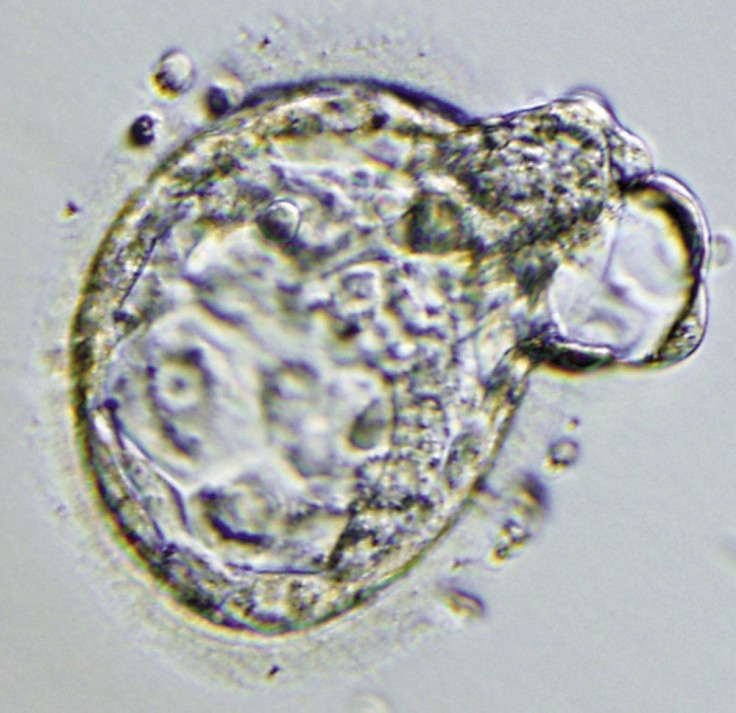Keeping human embryos alive in petri dish for 13 days is step closer to viable artificial wombs

Not just one but two separate studies were published this week that broke previous records of human embryos kept alive in petri dish for 13 days. Published in Nature and Nature Cell Biology, the breakthrough brings the world closer to viable artificial wombs.
The experiments by scientists from the Rockefeller University and University of Cambridge kept the embryos alive almost twice as long as the previous record of nine days, although most labs struggle to keep embryos alive for more than one week.
Since the teams had to end their experiment at the 14-day benchmark set by internationally accepted guidelines, the length of time cultured human embryos could be kept alive outside a womb remains a mystery. After 14 days, the symmetry of the human body starts to take shape.
After 14 days, the embryo had to be implanted in the mother's uterus for it to survive and develop normally. “It is from this stage onwards that the embryo really begins to take shape and the overall body plan are decided,” explains Magdalena Zernicak-Goetz, lead author of both studies, reports Gizmodo.
A commentary on the study published in Nature notes there is still room to reconsider the 14-day rule. Experts say, “The 14-day rule was never intended to be a bright line denoting the onset of moral status in human embryos,” quotes The Washington Post.
They continue, “Rather, it is a public-policy tool designed to carve out a space for scientific inquiry and simultaneously show respect for the diverse views on human-embryo research.” The experts even caution changing the rule which could cause a moral outcry against important stem cell research and development of better IVF techniques.
Extending the life of the embryo outside the womb beyond two weeks would allow the researchers to have a deeper understanding of human development during crucial stages. It would provide also a better understanding of miscarriage, consequences of fetal alcohol syndrome and effect of certain chemicals on embryonic developments.
But Frank Greely, a legal expert at the Stanford School of Medicine, does not see the need to life the 14-day rule. Although human development is a seamless process, Greely argues, “Ultimately lines need to be drawn even when – especially wen – they do not naturally exist.” He adds that “given the questionable scientific value of the research, no case has been made for even revisiting the line, let alone changing it.”





















